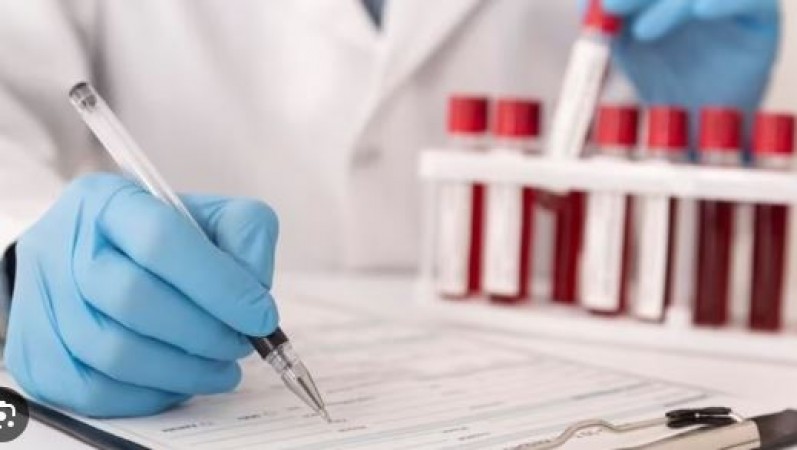
As women progress through their 30s and 40s, prioritizing their health becomes increasingly crucial. Regular health screenings during these decades can help detect potential issues early, paving the way for timely intervention and optimal well-being. Health experts emphasize the significance of specific tests tailored to women's needs in these age brackets. Let's delve into the tests recommended by experts to ensure comprehensive health monitoring.
Maintaining healthy blood pressure levels is vital for overall well-being. High blood pressure, if left unchecked, can lead to severe health complications such as heart disease and stroke. Regular blood pressure screenings help identify any deviations from the norm, enabling prompt management strategies.
Women in their 30s and 40s should undergo cholesterol testing to assess their risk of heart disease. This panel typically includes measurements of LDL (low-density lipoprotein), HDL (high-density lipoprotein), and triglyceride levels. Elevated cholesterol levels can indicate an increased risk of cardiovascular problems.
Regular blood glucose testing is essential to monitor blood sugar levels, especially for women at risk of diabetes or those with a family history of the condition. Early detection of abnormal glucose levels allows for lifestyle modifications or medical interventions to prevent or manage diabetes effectively.
Cervical cancer screening, often conducted through a Pap smear, is recommended for women starting in their 30s. This test can detect abnormal cervical cells, enabling early treatment and reducing the risk of cervical cancer development.
Breast cancer screening with mammography is crucial for women in their 40s, although some guidelines suggest starting earlier, depending on individual risk factors. Mammograms can detect breast abnormalities, including tumors, at an early stage when treatment is most effective.
Osteoporosis, a condition characterized by weakened bones, becomes a concern as women age. Bone density testing helps assess bone health and determines the risk of fractures. Women in their 40s, especially those with risk factors such as low body weight or a family history of osteoporosis, should consider this test.
Thyroid disorders, such as hypothyroidism and hyperthyroidism, are more common in women and can significantly impact overall health. Thyroid function tests evaluate hormone levels to diagnose and manage thyroid conditions effectively.
Regular skin examinations by a healthcare professional can help detect early signs of skin cancer. Women should remain vigilant about changes in moles or skin lesions and promptly report any concerns to their healthcare provider.
Comprehensive eye exams are essential for maintaining good vision and detecting eye conditions such as glaucoma and macular degeneration. Women in their 30s and 40s should undergo routine eye screenings to monitor eye health and address any visual changes promptly.
Regular dental check-ups are essential for oral health maintenance. Women should visit their dentist at least twice a year for cleanings, exams, and screenings for conditions like gum disease and oral cancer.
In addition to Pap smears, pelvic exams and human papillomavirus (HPV) testing may be recommended for women in their 30s and 40s to assess gynecological health and screen for cervical abnormalities and HPV infections.
While not a diagnostic test, performing regular breast self-exams allows women to become familiar with the normal look and feel of their breasts. Any changes should be reported to a healthcare provider promptly for further evaluation. Prioritizing preventive healthcare through regular screenings and tests is paramount for women in their 30s and 40s. By staying proactive about their health and following the recommendations of healthcare professionals, women can detect potential health issues early and take proactive steps to maintain their well-being.
This powerful car entered the market with black styling pack, what is the price of this new edition?
Know how Tata Motors' new Sanand plant is, it was acquired from Ford last year